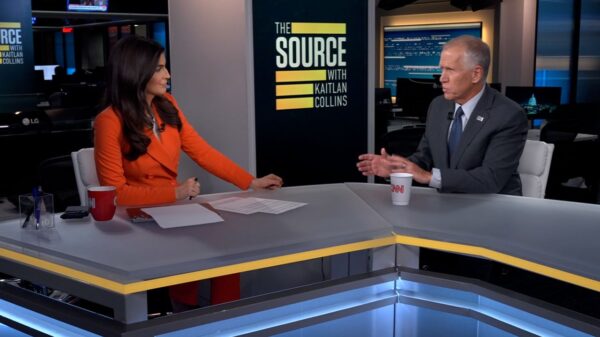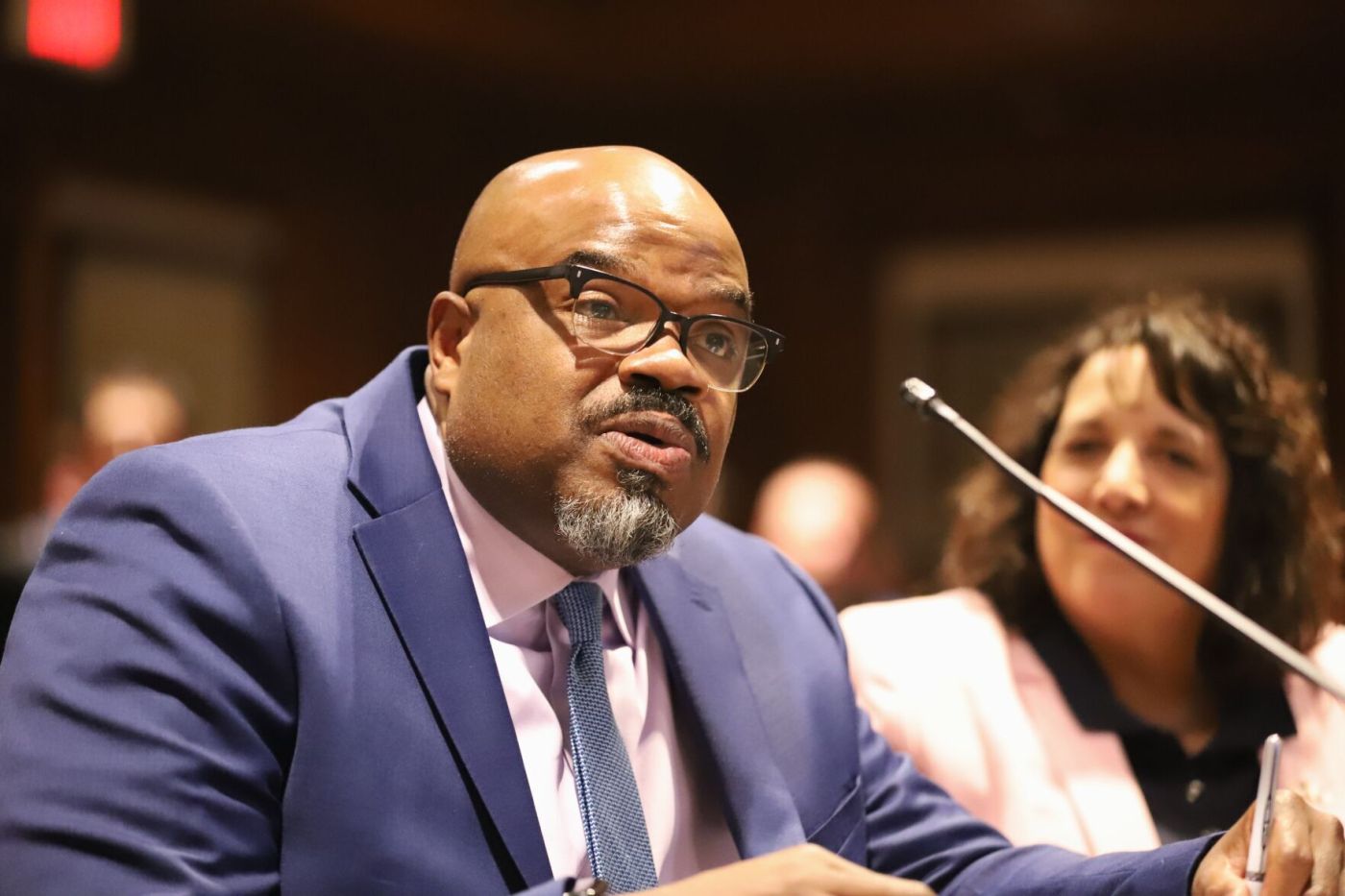High school students in Massachusetts may soon face new graduation requirements as state officials consider draft regulations that would tie diploma eligibility to specific coursework assessments. This proposal follows a significant voter decision in November 2024, where approximately 59% of voters opted to eliminate the longstanding MCAS (Massachusetts Comprehensive Assessment System) graduation requirement.
The preliminary recommendations come from the Massachusetts Statewide K-12 Graduation Council, established under the leadership of Governor Maura Healey. The council aims to devise a permanent graduation standard aligned with recent legislative changes. The draft suggests that students demonstrate their understanding through end-of-course assessments, which would be standardized and managed by the state. This shift seeks to create uniformity in educational evaluation across Massachusetts.
Critics of the MCAS exam have long argued that it creates unnecessary hurdles for students, with about 1% of learners unable to graduate annually due to this requirement. Opponents of the recent ballot initiative, including prominent leaders like Senate President Karen Spilka and House Speaker Ron Mariano, expressed concerns regarding its potential impact on educational consistency and equity. They fear that removing a statewide measure could exacerbate disparities among school districts.
Under the council’s early proposals, the MCAS may be replaced with various assessments, including capstone projects and portfolios. These would be defined by the state yet implemented locally, allowing for a more personalized approach to demonstrating mastery of subjects.
Jason Fraser, president of the Massachusetts Association of School Committees and a council member, emphasized the need for caution. In a letter to the association’s members, he articulated concerns regarding the potential reintroduction of high-stakes testing, even under a new name. He warned that such measures could conflict with the expressed wishes of Massachusetts voters, who decisively supported the removal of high-stakes testing as a graduation criterion.
Fraser’s apprehensions reflect broader anxieties about accountability and the implications of state-grading systems. He noted, “Reintroducing such measures… risks undermining both voter intent and the trust of our communities.”
The Massachusetts Secretary of Education, Patrick Tutwiler, has clarified that council members serve in an advisory capacity, with final recommendations resting solely with the Governor. Alana Davidson, a spokesperson for the Executive Office of Education, affirmed that the council is still in its deliberative stages. “The Statewide K-12 Graduation Council is focused on creating a new vision for statewide graduation requirements,” she stated.
The council has engaged extensively with stakeholders, conducting eight statewide listening sessions and gathering thousands of survey responses to inform its recommendations. Over 400 stakeholders, including students, parents, educators, and community leaders, participated in these discussions, with more than 6,600 individuals responding to a separate survey on current graduation practices.
The council’s initial findings are expected to be released later this fall, with a comprehensive report and a proposed roadmap anticipated by 2026. The recommendations aim to ensure that all students meet high standards necessary for success in college, careers, and civic engagement.
In addition to assessment changes, the proposed framework emphasizes aligning curriculum requirements with MassCore, the state’s recommended high school curriculum. Students may also be required to complete a “MyCAP” (My Career and Academic Plan), receive financial literacy education, and have the opportunity to earn seals of distinction for academic or civic achievements.
Notably, the draft regulations would require every student to complete the FAFSA and the Massachusetts Alternative Student Financial Aid Application (MASFA), although students could opt out. This initiative mirrors legislative efforts to enhance access to postsecondary education. Currently, approximately 57% of high school seniors in Massachusetts complete the FAFSA, a figure that drops to just below 40% for low-income students compared to nearly 70% for their higher-income peers, as reported by the National College Attainment Network.
As the Massachusetts Statewide K-12 Graduation Council continues its work, the outcomes of these discussions will be crucial in shaping the future of educational standards in the state.





































































